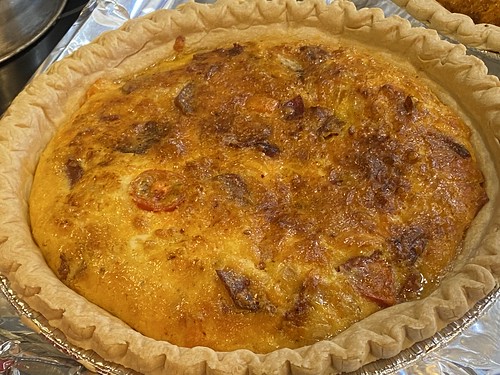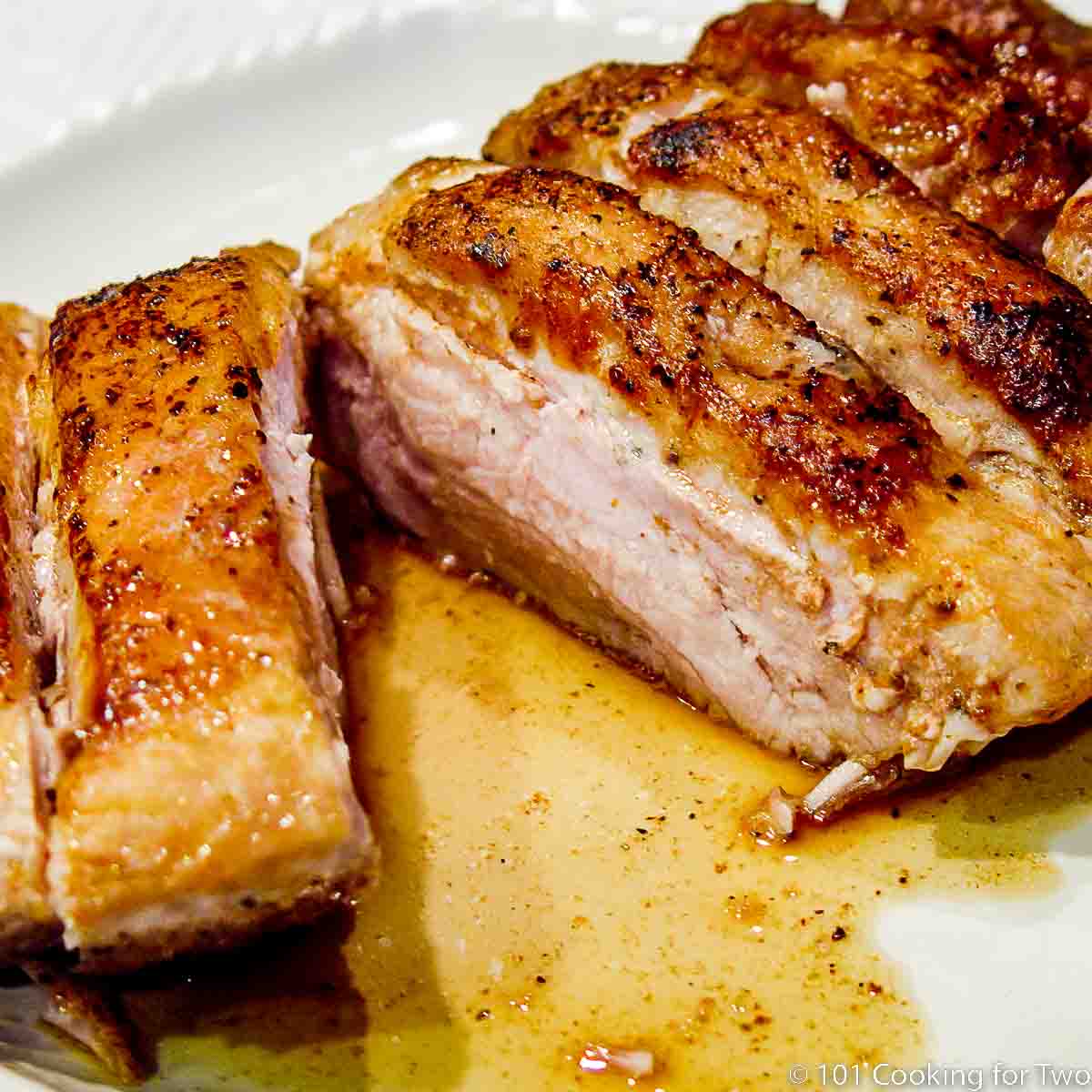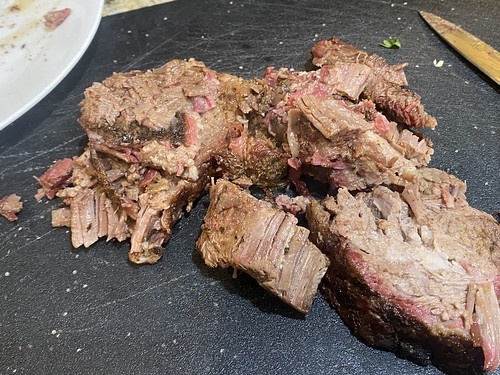Can You Overcook Pork Ribs? How To Avoid Tough Meat
How to Tell If Pork Ribs Are Overcooked
Signs of Overcooked Ribs
• The meat is hard and dry. Overcooked ribs will be tough to chew and may have a dry, stringy texture.
• The bones are loose. When ribs are overcooked, the meat will shrink away from the bones, leaving them loose and easy to take away.
• The ribs are powerful to remove from the grill. When ribs are cooked by way of, they should be straightforward to remove from the grill with out tearing or falling aside. Overcooked ribs will be caught to the grill and should tear whenever you attempt to take away them.
• The ribs are burnt or blackened. Overcooked ribs may have a burnt or blackened appearance, especially across the edges and at the ends.
• The ribs have a robust scent of vinegar. Overcooked ribs will often have a strong scent of vinegar, which is a typical ingredient in barbecue sauces.
Checking for Tenderness
How To Cook Pork Ribs In Oven to Tell If Pork Ribs Are Overcooked
- Check the colour. Overcooked ribs shall be darkish brown or black.
- Check the texture. Overcooked ribs shall be powerful and dry.
- Check the bone. The bone should be easy to drag out of the meat. If it’s tough to pull out, the ribs are overcooked.
- Check the temperature. Overcooked ribs may have an inner temperature of a hundred ninety degrees Fahrenheit or greater.
Causes of Overcooked Ribs
Cooking at Too High a Temperature
Cooking at too excessive a temperature may cause ribs to overcook and turn out to be powerful. The best temperature for cooking ribs is between 225 and 250 levels Fahrenheit. Cooking at a higher temperature will trigger the ribs to cook dinner too shortly, resulting in tough meat.
Cooking for Too Long
– Cooking for too long: Ribs are a tough cut of meat, and they have to be cooked low and sluggish to interrupt down the robust connective tissue. If you cook dinner them for too long, they’ll turn into powerful and dry.
Not Wrapping the Ribs Properly
– Using the incorrect kind of wood chips or smoking at too excessive a temperature may cause the ribs to overcook on the surface whereas remaining undercooked on the inside.
– Not wrapping the ribs properly can allow moisture to flee, resulting in dry, overcooked ribs.
– Overcooking the ribs in the oven or on the grill can even lead to tough, dry meat.
Tips for Avoiding Tough Meat
Use Low and Slow Cooking Methods
– Low and slow cooking is the greatest way to avoid robust meat.
– When cooking meat, it could be very important use a low temperature and cook it slowly.
– This will enable the meat to turn out to be tender and juicy.

– Avoid cooking meat at a excessive temperature, as it will trigger it to turn out to be powerful.

– Be positive to prepare dinner the meat until it’s cooked via, but not overcooked.
– Overcooked meat might be tough and dry.
Wrap the Ribs in Foil or Butcher Paper
Wrap the Ribs in Foil or Butcher Paper
Wrapping the ribs in foil or butcher paper is an effective way to prevent them from drying out while they cook. This will assist to maintain the meat moist and tender, and will also assist to create a extra flavorful rib.
To wrap the ribs, merely place them in the middle of a large sheet of foil or butcher paper. Fold up the sides of the paper or foil to create a packet, and then seal the sides tightly.
Place the wrapped ribs in a roasting pan or on a baking sheet. Cook the ribs in accordance with the recipe directions, or till they’re tender and cooked by way of.
Probe the Ribs for Doneness
Tips for Avoiding Tough Meat
- Choose the proper minimize of meat. Some cuts of meat are extra tender than others. For instance, rib eye steaks are more tender than flank steaks.
- Cook the meat to the proper temperature. Overcooked meat will be powerful. Use a meat thermometer to guarantee that the meat is cooked to the specified doneness.
- Use a marinade. Marinating the meat will assist to tenderize it.
- Cook the meat slowly. Slow cooking methods, such as braising or roasting, will help to interrupt down the powerful fibers in the meat.
- Let the meat relaxation before slicing it. Letting the meat relaxation will enable the juices to redistribute, leading to a extra tender and juicy piece of meat.
Probe the Ribs for Doneness
- Insert a meat thermometer into the thickest part of the meat, but not touching any bones.
- The internal temperature of the meat must be a hundred forty five levels Fahrenheit for medium-rare, a hundred and sixty degrees Fahrenheit for medium, and 170 levels Fahrenheit for well-done.
- If the meat isn’t cooked to the specified doneness, proceed cooking it, checking the temperature each few minutes.
Troubleshooting Overcooked Ribs
Can You Fix Overcooked Ribs?
Can You Fix Overcooked Ribs? Yes, there are a couple of methods to repair them.
Baking Method:
Preheat oven to 325°F (163°C). Place the ribs in a single layer on a baking sheet lined with parchment paper. Add 1 cup of liquid (beer, broth, or water) and a splash of vinegar to the base of the pan to create steam. Bake for 2-3 hours, covered tightly in foil, till the meat is fall-off-the-bone tender. Baste the ribs often with the liquid.
Braising Method:
Place the ribs in a large pot with a lid. Add enough liquid (beer, broth, or water) to cowl the meat by 2-3 inches. Bring to a boil, then cut back heat to low and simmer for 2-3 hours, or until the meat is fall-off-the-bone tender.
Additional Tips:
– Don’t overcook the ribs initially.
– Use a meat thermometer to check for doneness. Ribs are carried out once they reach an inner temperature of 195-203°F (90-95°C).
– Avoid letting the ribs dry out by maintaining them moist with liquid or wrapping them in foil.
Making the Most of Overcooked Ribs
Troubleshooting Overcooked Ribs
1. Identify the Signs of Overcooked Ribs:
- Dry, robust texture
- Falling off the bone easily
- Excessive shrinkage
2. Causes of Overcooking:
- Excessive cooking time or temperature
- Insufficient moisture in the cooking environment
- Not utilizing correct cooking methods (e.g., not wrapping in foil)
Making the Most of Overcooked Ribs
1. Moisturize the Ribs:
- Brush with barbecue sauce or a combination of water, apple juice, and vinegar
- Wrap in foil and bake at a low temperature (225-250°F) for 30-60 minutes
2. Tenderize the Ribs:
- Place ribs in a sluggish cooker with liquid (e.g., broth, water, barbecue sauce)
- Cook on low for 6-8 hours or till tender
3. Shred the Ribs:

- Use two forks to drag the ribs apart into shreds
- Serve in tacos, sandwiches, or salads
4. Use as an Ingredient:
- Add shredded ribs to soups, stews, or casseroles
- Use as a flavorful topping for pizzas or nachos
Additional Tips:
- Use a meat thermometer to ensure ribs reach a secure inside temperature (145°F for pork) before eradicating from heat
- Let ribs relaxation for 15-20 minutes before serving to allow juices to redistribute
- Consider utilizing a slow cooker or sous vide to prevent overcooking and ensure tender ribs
